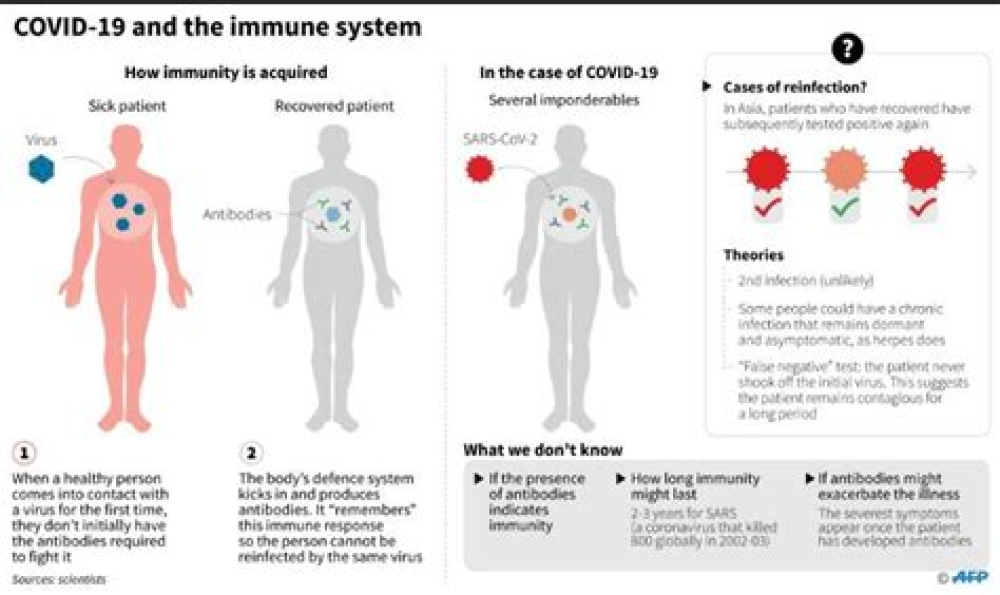Authors: The U.S. Centers for Disease Control and Prevention
What do we know about the effects of SARS-CoV-2 and COVID-19 on the nervous system?
Much of the research to date has focused on the acute infection and saving lives. These strategies have included preventing infection with vaccines, treating COVID-19 symptoms with medicines or antibodies, and reducing complications in infected individuals.
Research shows the many neurological symptoms of COVID-19 are likely a result of the body’s widespread immune response to infection rather than the virus directly infecting the brain or nervous system. In some people, the SARS-CoV-2 infection causes an overreactive response of the immune system which can also damage body systems. Changes in the immune system have been seen in studies of the cerebrospinal fluid, which bathes the brain, in people who have been infected by SARS-CoV-2. This includes the presence of antibodies—proteins made by the immune system to fight the virus—that may also react with the nervous system. Although still under intense investigation, there is no evidence of widespread viral infection in the brain. Scientists are still learning how the virus affects the brain and other organs in the long-term. Research is just beginning to focus on the role of autoimmune reactions and other changes that cause the set of symptoms that some people experience after their initial recovery. It is unknown if injury to the nervous system or other body organs cause lingering effects that will resolve over time, or whether COVID-19 infection sets up a more persistent or even chronic disorder.
For More Information: https://www.ninds.nih.gov/Current-Research/Coronavirus-and-NINDS/nervous-system
